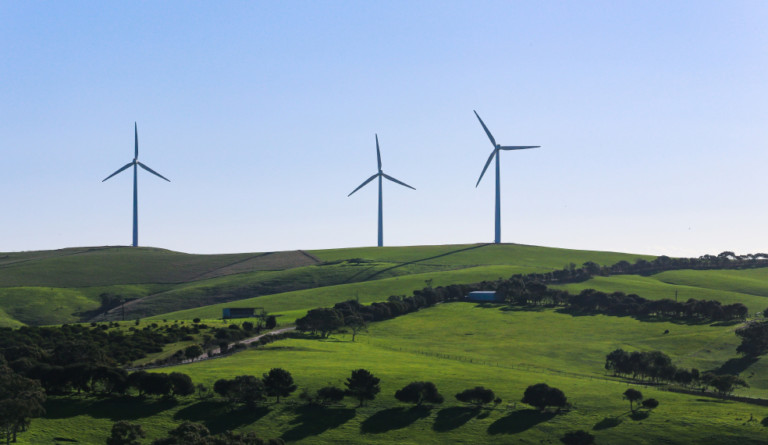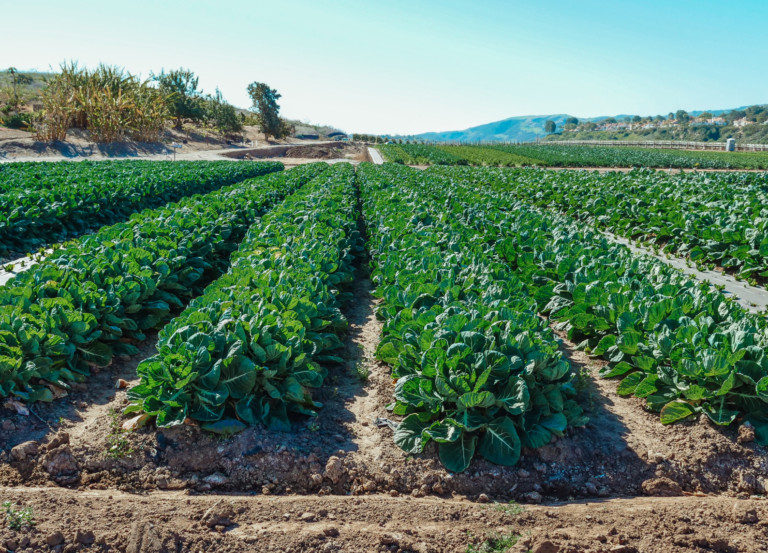What does it mean to us at Enso Energy to contribute to the UK and global net zero ambitions?
Here at Enso Energy we are keen to support the next generation of engineering talent as we contribute to the Net Zero target. We were immensely proud of our Work Experience GCSE student Esme Thompson who spent a week with us in June 2021.

She had never worked in an office before, knew very little about what we did, how we go about our business, and the complex challenges we are often facing. Sometimes Work Experience students can end up just making the tea, tidying up those long standing admin tasks, and often be left to the internet.
We tried to make this experience as broad as possible to understand how we go about developing and building Renewable Energy connections and set her some homework for the week to write an article about Net Zero. With very little support and prompting after only 5 days Esme’s article attached as well as being insightful and on point, shows that the future is safe in the hands of the next generation. Well done Esme!
What does it mean to us at Enso Energy to contribute to the UK and global net zero ambitions?
~This article is written by Esme Thompson on her first work experience, supporting her GCSE studies and career aspirations.
Global average temperatures have already seen a rise of 1.1-1.3oC in the last 150 years. This is due to extensive amounts of greenhouse gases entering our atmosphere each year. Since pre-industrial times we have seen the concentration of CO2 in our atmosphere skyrocket from 280ppm to 415ppm, leading to global emissions of CO2 to be around 50 billion tonnes annually. And this only accounts for around 76% of all greenhouse gas emissions, which enhance the natural greenhouse effect – causing global warming and hence climate change. If we do not change our ways, we are on track to see a 5oC rise in global average temperatures by the end of the century (2100) and higher in the future – leading to irreversibly catastrophic changes to the world around us.
The UK government announced a climate change emergency in 2019, followed by the ambition to reach net zero by 2050; the fastest rate of reducing emissions by any major economy. The government has since set a new target to reach at least a 68% reduction in greenhouse gas emissions by 2030 (based on 1990 levels). But what actually is net zero?
– Net zero refers to the balance between the amount of greenhouse gas produced and the amount removed from the atmosphere. One of the best ways to drastically reduce our greenhouse gas emissions – in particular, CO2 , is through renewable energy.
Enso Energy specialise in solar powered renewable energy that feeds into the electricity national grid. While on work experience, I interviewed members of the team to gather a feeling of people’s views on reaching net zero targets, with many expressing the need for a change in the energy market; moving away from conventional fossil fuel powered stations and towards the clean option of renewable energy sources.
Solar power is the cheapest and quickest option in the market for renewables at the moment. It also has little to no impact on the land the panels are placed on – with significant advantages for biodiversity and wildlife, creating habitats that would not have been there otherwise. Land can also still be managed from an agricultural perspective, with the ability to graze sheep in and around the site.
I also found that upon interviewing members of the Enso team that many believed that climate change was the biggest reason for aiming to reach the net zero targets in the UK but also globally. The team here at Enso are committed to changing the industry for the better and are doing their part for such a hugely important cause. Similar to the UK government they have also set an ambitious target by aiming to reach 3GW of clean renewable energy installed by 2026. This is achievable through their plans for new solar farms which average 250 acres each. Translated through to the amount of CO2 this displaces – for 3GW it would be around 68,400 tonnes of CO2 per annum.
Moreover, after its 40-year life span, you can retire a solar farm as cleanly as the energy it produces; with 95% of the glass being recyclable and reusable and 85% of the silicon. Making it the best renewable energy choice to reach net zero by 2050.
For me personally and my generation reaching net zero is a of huge importance. The effects of greenhouse gas emissions at their current rate – if they do not decrease, will be devastating, creating huge social, economic, and environmental issues, across the world. The harsh reality is that many LIC’s (Low Income Counties) do not have the resources to combat the consequences of climate change – sea level rise due to arctic amplification and ice caps melting, reduced productivity of arable land in areas such as in Kenya in Africa, and the extinction of plant, animal, and insect species to name a few.
While NEE’s (Newly Emerging Economies) and HIC’s (High Income Countries), such as the UK/USA, have the infrastructure and technology to deal with the challenges that may come – I believe that it is more important and effective in the long-term to pursue methods of preventing the impacts of climate change than to deal with them when they occur.
My time at Enso Energy has provide me with an invaluable insight into a highly effective solution that is helping to prevent further changes to the world around us.
We welcome any future Work Experience students in the near future to gain an insight into our world and our global target to achieve Net Zero earlier than 2050.

